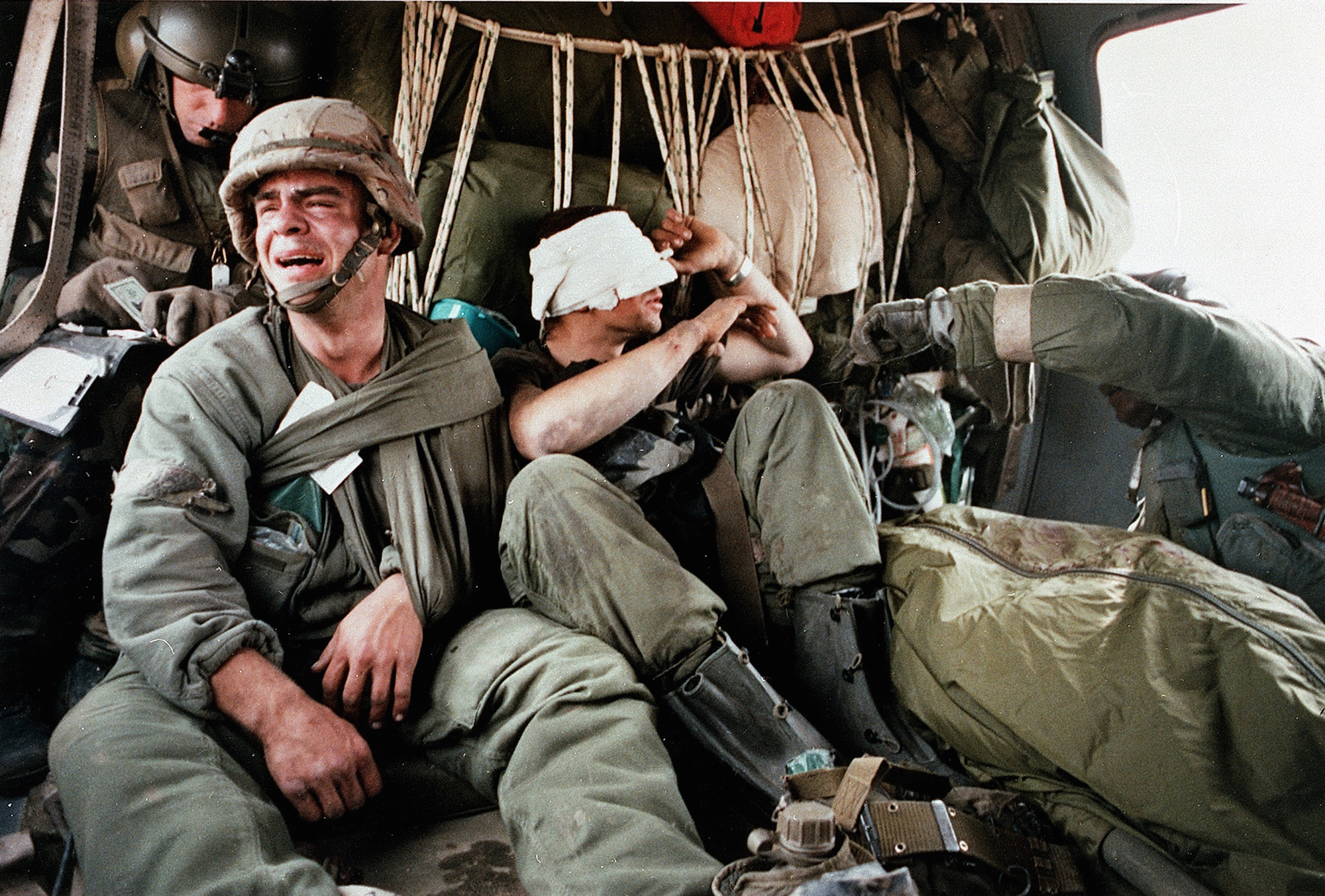Americans’ identities are shaped by shared experiences – and there are a handful of historically significant experiences that stand out above the rest, according to a survey from the Pew Research Center and A+E Networks’ History channel.
The survey asked more than 2,000 American adults of different ages, races, political views, and education and income levels to list 10 events in their lifetimes they thought had the greatest impact on the country.
The respondents’ answers typically varied by generation and other demographic indicators, but there were a couple of recent events that bridged nearly every divide.
From the Apollo 11 moon landing to the election of the nation’s first black president, these are the events that were most often included in Americans’ top 10 events that will go down as the most significant in the country’s history:
11. The Gulf War
Roughly 10% of survey respondents placed the Gulf War, which occurred during George H.W. Bush’s administration, in the top 10 events that shaped their lifetimes.
The war was of particular importance to Generation X respondents, who were the only generational group to list the event. Gender-wise, the survey showed that 12% of men placed the war in their lists, compared to just 8% of women.
10. The Orlando shooting

The mass shooting that killed 49 and wounded more than 50 others on June 12, 2016, was also named by 10% of survey respondents, but was ranked particularly highly by Latinos and Millennials, appearing in 19% and 17% of each groups' lists, respectively.
The Pew Research Center notes that the attack, which took place at Orlando's Pulse nightclub on "Latin Night," disproportionately targeted Latinos, who made up 90% of those killed.
9. Gay marriage

The Supreme Court's decision to legalize gay marriage appeared in the top 10 lists of 11% of Americans, but was of most significance to Millennials - 19% of whom included the event.
Gender also factored into the respondents' view of the decision's significance, with 14% of women placing gay marriage in their lists, and just 8% of men.
8. The fall of the Berlin Wall/end of the Cold War

The 1989 event that marked the end of the Cold War was listed by 13% of respondents, and was named most commonly by Gen Xers and Baby Boomers.
7. The moon landing
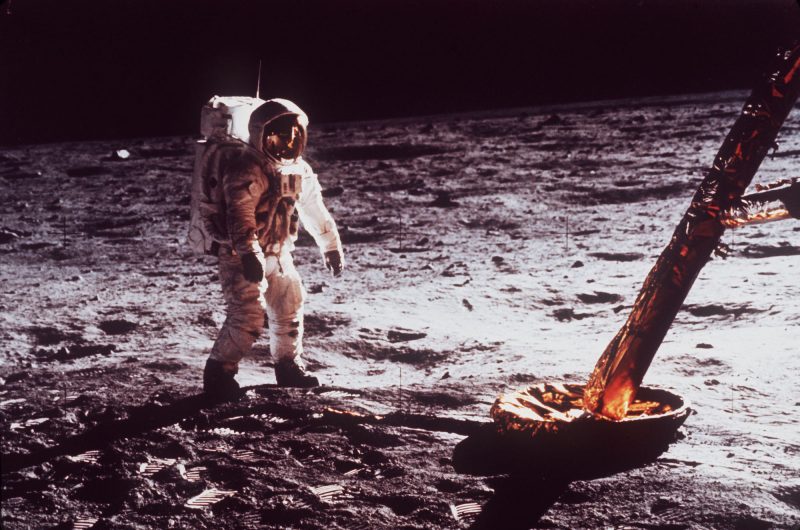
The famous Apollo 11 moon landing by astronauts Neil Armstrong and Buzz Aldrin in 1969 was listed by 17% of Americans, but was naturally one of the more generation-specific events to appear, as Millenials and Gen Xers weren't yet born. It was named by 35% of Baby Boomers and 29% of Silent Generation respondents.
6. The Iraq/Afghanistan Wars

The rankings of the Iraq and Afghanistan wars also showed a generational disparity - Millennials and Gen Xers were more likely to include the wars on their lists, but it barely ranked on Baby Boomers' lists. Overall, 17% of Americans named the wars as one of the 10 most significant events in their lifetimes.
5. The Vietnam War

Although the Vietnam War was a defining event for Baby Boomers in particular, who overwhelmingly listed it as a top 10 moment, the war was listed by 20% of Americans overall.
4. JFK's assassination

The assassination of John F. Kennedy, which was named by 21% of respondents, was another defining moment for Baby Boomers, who listed the event significantly more often than respondents from older generations.
3. The tech revolution
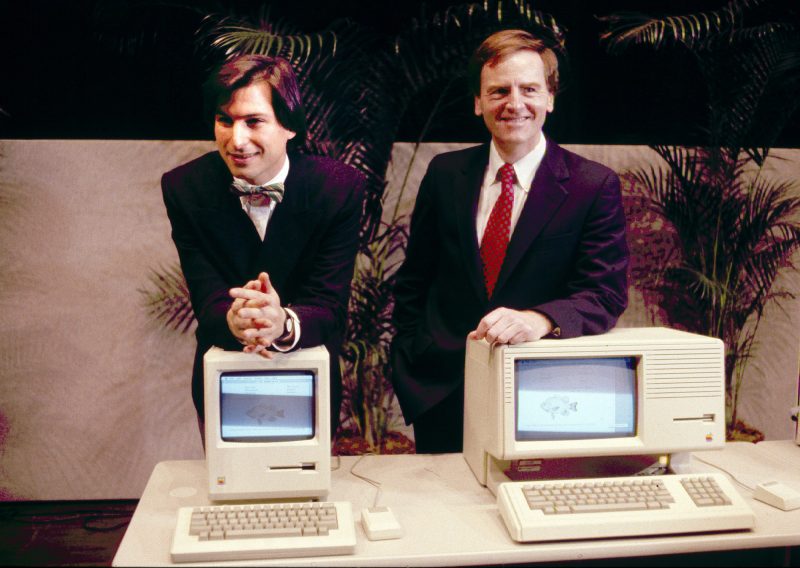
Advancements in technology are one of just a few other events that made most respondents' lists, regardless of their generations, with 22% agreeing it was one of the most significant events in their lifetimes.
The Pew Research Center noted that income and education levels plays a role in respondents' perception of the tech revolution's importance, with one-third of high-income earners and college graduates naming it on their lists, compared to just 14% of low-income earners and those with a high school education or less.
2. President Obama's election
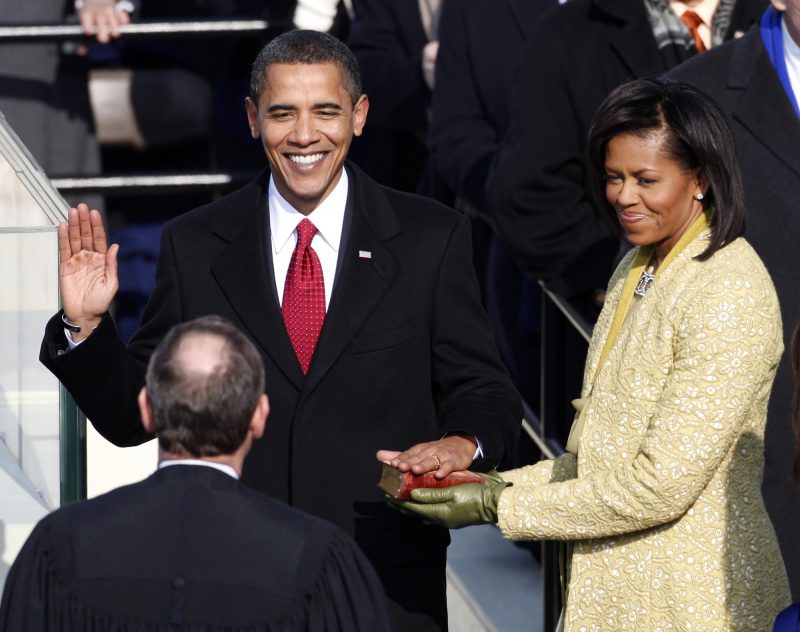
President Obama's 2008 election victory was the second-most commonly named event, appearing on 40% of respondents' lists. Particularly striking is the emphasis black respondents placed on his election; roughly 60% of blacks named it among the top 10 historic events in their lifetimes, compared to just 36% of whites.
1/ Sept. 11, 2001
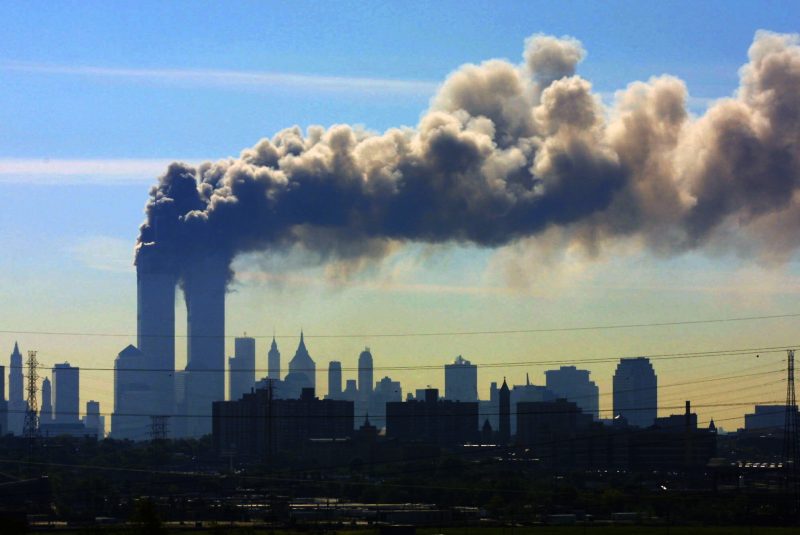
More than any other event, Americans of all generations, races, genders, and political affiliations agreed that the terror attacks on Sept. 11, 2001 were integral in shaping their lives and the country.
More than three-quarters of the respondents included the attacks on their lists of historically significant events, and only black respondents ranked any other event as highly (Obama's presidency, in their case).
The attacks and the country's subsequent response also received the highest ranking when respondents were asked to name the events that made them most proud of their country. Overall, 19% of respondents listed Sept. 11, followed by 14% who listed Obama's election.

